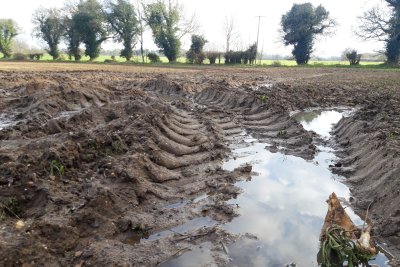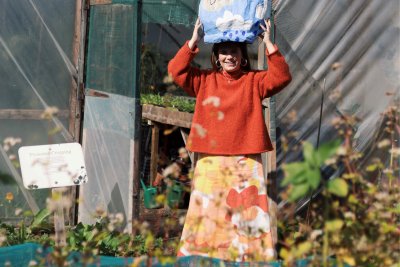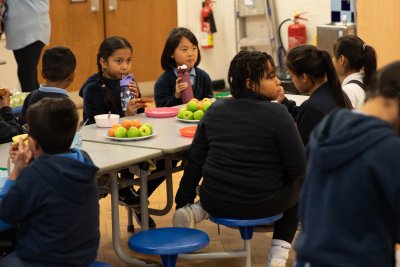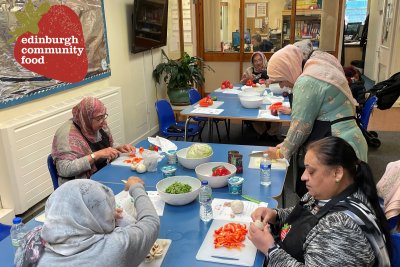Blogs • Sustainable Farming Campaign
Making routes to market work for farmers - outputs from our ORFC workshop
We want to share some of the main themes and ideas that came out of the Oxford Real Farming Conference (ORFC) workshop that we ran on supply chains and infrastructure for agroecology in the UK.
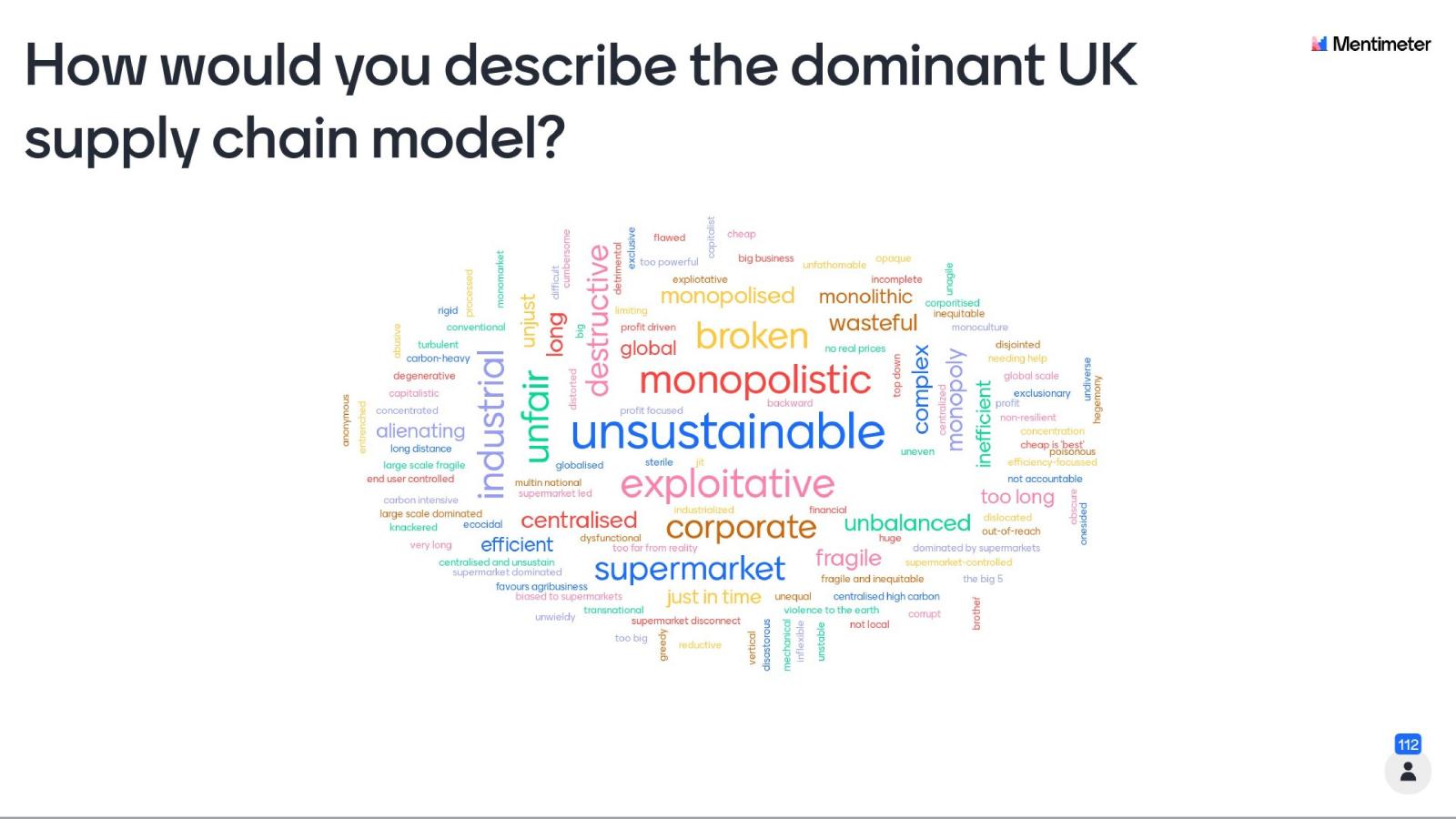
We started by setting out some key issues with the current situation:
- The agri-food supply chain is heavily centralised with only 10 supermarkets controlling over 90% of the food we buy.
- This lack of market opportunity forces farmers into being price-takers, which is reflected in the low 8% of the food pound (£) received and the current issues of low farm incomes.
- Our current food system is driving other serious issues: intensive monoculture agriculture; low wages for food workers; increasing consumption of ultra-processed food; and, high food waste.
- Our supply chain is fragile and vulnerable to economic and environment shocks, something experienced during the first covid-19 pandemic lockdown where fresh produce shelves were often empty.
Amongst the 170 participants who joined, there was common-ground on how to describe the current dominant supply chain model. Some of the terms included unfair, unsustainable, monopolistic, corporate, exploitative, industrial, wasteful, and unbalanced. We believe this does reflect the current situation, and alongside the key issues laid out above, the agri-food sector has a clear set of reasons to push for change.
Using breakout rooms and interactive whiteboards, we asked participants to answer two questions: 1) what are the barriers to making routes to market work for farmers? And 2) what are the opportunities to making routes to market work for farmers? Below, I have included some of the thoughts from those breakout rooms – this is a select few which tries to cover a broad spectrum.
Here were some of the barriers suggested by participants:
- Farmers are asked to do too much – farming, administration, marketing, branding, selling etc.
- Understanding regulations and making changes when new ones are brought into force.
- Cheap food is embedded in politics so hard to reframe into a positive for producer & consumer.
- Lack of access to land and capital for people seeking to start a farm or food enterprise.
- Lack of infrastructure that works for SMEs (abattoirs, storage, milling, distribution, pressing etc.)
- Lack of access to IT infrastructure and software.
- High price of retail space makes it difficult for Better Food Trader start-ups.
- Cultural barriers to making farmer cooperatives more of the norm.
- Changing consumer habits and our culture of any food, any time.
- Farmers are locked into the current situation and taking risks can be too costly.
Here were some of the opportunities suggested by participants:
- Local shared ownership of agri-food infrastructure.
- Community buying of land and prioritise new entrants for agri-planning decisions.
- Make public money grant scheme workable for SMEs by lowering minimum application amount.
- Provide more community finance platforms (e.g. crowdfunding).
- Create agri-food business incubation hubs and integrate food and farming into LEP plans.
- Local council funded training programmes on marketing, communicating, branding etc.
- Community bulk-buying of food from local producers for local distribution.
- A cooperative online amazon (e.g. an online market space for agroecological SMEs).
- Use existing infrastructure – for example, park-and-ride food collection points.
- Joined up policy-making across government departments.
- Prioritise agri-food SMEs in planning decisions.
- Expand Better Food Traders and make market access fair and easy for producers.
If the UK is to see a genuine transformation in the way farmers producer food and manage their land in a more agroecological way, then rebalancing supply chains and markets to be farmer-focused will be key to its success. Without fairer, better and more diverse markets, farm incomes may continue to remain low and the big agri-business and supply chain multi-nationals will carry on taking a large chunk of the food pound.
Please sign-up to our farming and food policy newsletter for updates on our work.
Published Tuesday 19 January 2021
Sustainable Farming Campaign: Sustain encourages integration of sustainable food and farming into local, regional and national government policies.
